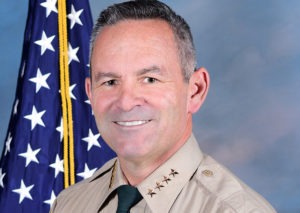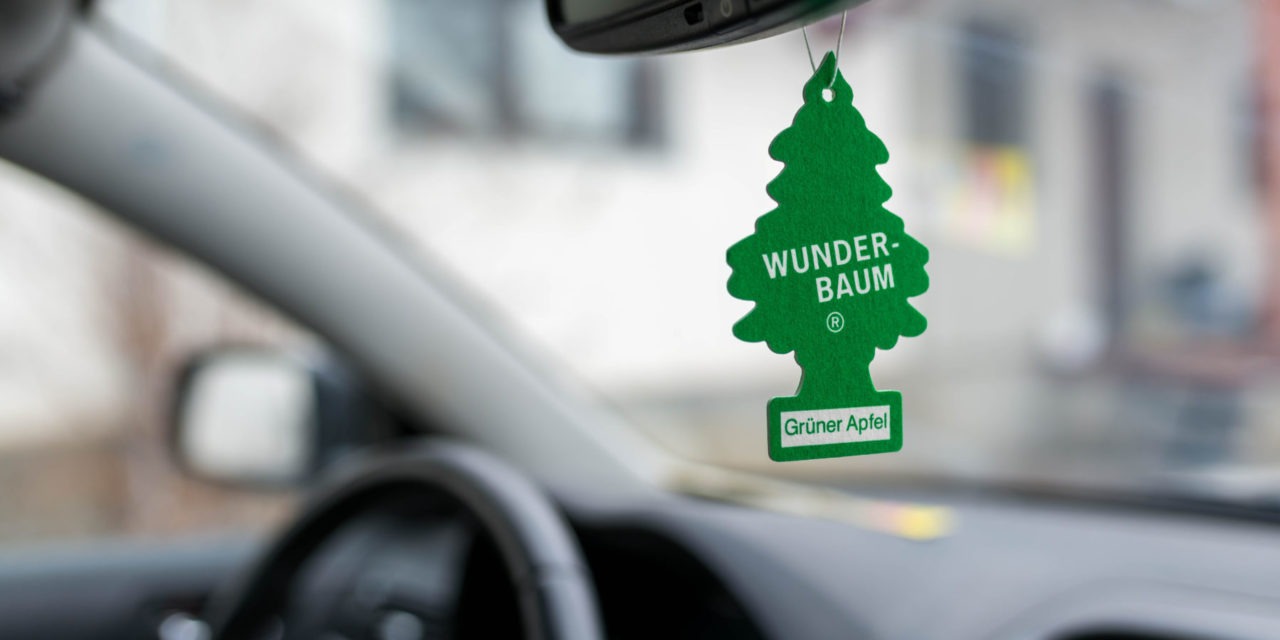Air fresheners are not the only thig that might give authorities reason to pull you over
The mother of a 20-year-old Black man who was fatally shot by Minnesota police on April 11 says it all started when police pulled her son over for having air fresheners hanging from his rearview mirror.
How, some might ask, can air fresheners be the basis for a traffic stop? The answer: Minnesota, like California, is one of a number of states with laws that prohibit drivers from hanging objects from their rearview mirrors on the grounds that the items could obstruct their view.
The laws have led to vehement complaints from civil rights advocates who say police can use them as a pretext for stopping Black motorists.
Daunte Wright was pulled over by police in the Minneapolis suburb of Brooklyn Center. Police said he was stopped for having expired car registration tags, but Wright’s mother, Katie Wright, maintains he called her just before he was shot and said he’d been pulled over because of the air fresheners hanging from his rearview mirror.
Police tried to arrest Wright after realizing he was wanted on an outstanding warrant. In the ensuing scuffle, Officer Kim Potter shot him. The city’s police chief, who resigned Tuesday, said he believed Potter meant to fire her Taser, not her gun.
Potter, who also resigned, has been charged with second-degree manslaughter.
So, could California law enforcement officials pull over motorists for having air fresheners hanging from the rearview mirror? Darn right.

Sheriff Chad Bianco
“It is against the law to have anything hanging from the mirror or attached to the windshield that causes a view obstruction,” Sheriff Chad Bianco told Uken Report. He said it would be “impossible to estimate” how many violators have been stopped.
“I will say I have definitely stopped my share of people for this offense,” Bianco said. “I always used it as a ‘warning’ type of situation unless it led to something more serious. It is a great law used to protect motorists and pedestrians. Anyone who claims otherwise has an agenda.”
Bianco said he knew exactly why he was being asked the question. “This is just another example of a false narrative being used to paint law enforcement as the bad guy,” Bianco wrote in an email.
In Bakersfield, California, the city agreed to a $60,000 settlement in a lawsuit filed by a Black man who alleged he was arrested in 2017 when he refused to answer questions after police stopped the car he was riding in for trivial reasons, including air fresheners hanging from the rearview mirror. The lawsuit said the man was jailed for 12 hours but was never charged with a crime. The city made no admission of liability.
At least six states — California, Minnesota, Pennsylvania, Arizona, Texas and Illinois — have such laws, but the total number is unclear. The National Conference of State Legislatures does not track such legislation. The American Civil Liberties Union, which has sharply criticized such traffic stops, was unsure how many states allow them.
Police say traffic stops for minor violations have helped them solve more serious crimes, including drug trafficking, illegal firearms possession and shootings. They often cite the case of Timothy McVeigh, the Oklahoma City bomber, who was stopped by an Oklahoma Highway Patrol trooper for driving without a license plate about 90 minutes after the 1995 explosion that killed 168 people and injured hundreds more.
Image Sources
- Air fresshener: Shutterstock





![Enrolling Now, Rewarding Careers Ahead [Sponsored]](https://ukenreport.com/wp-content/uploads/2024/04/COD_heroes_1-1385-2-440x264.jpg)

